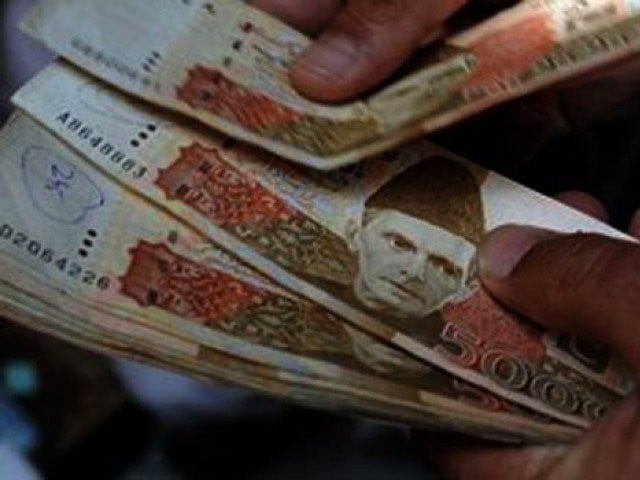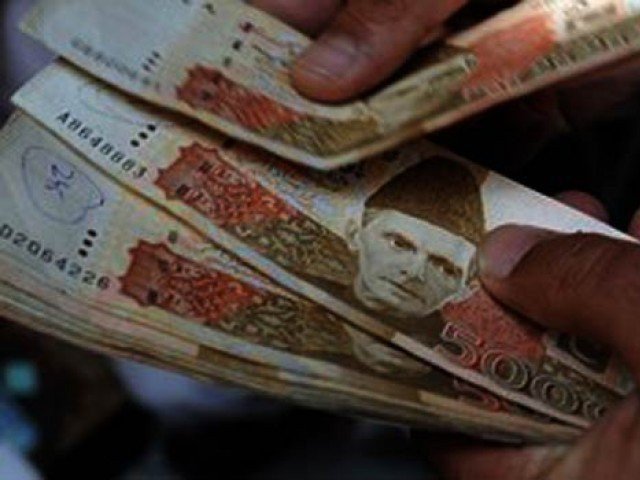
The IMF wants a major adjustment in interest rates to ease inflationary pressures. Photo: File
Islamabad: Pakistan needs to implement long-term economic stability policies.
Any attempt to boost sluggish economic growth through fiscal policies will immediately run afoul of the International Monetary Fund and regional countries, all of which now want to see Pakistan as a fiscally responsible country.
However, the government will have to face the challenge of dealing with low economic growth and high inflation which is the result of political decisions made by Imran Khan and Shehbaz Sharif governments during the last 2 years. Due to serious and imbalances that threaten the economic stability of the country.
Pakistan cannot afford to formulate fiscal and monetary policies to achieve an economic growth rate of more than 4 percent in the fiscal year 2023-24, which begins in July.
Finance Minister Ishaq Dar announced in his budget speech that the GDP growth rate for the next financial year will exceed 4 percent due to growth in agriculture, industrial and information technology sectors.
Prime Minister Shehbaz Sharif has also set up a new task force on the economy to speed up the rate of economic growth, on policies contrary to the demands of the IMF and regional countries to restore economic stability. Implementation will be required.
Sources said that regional countries whose financial support was critical for sanctioning the $1.1 billion loan tranche are also urging Pakistan to adopt a fiscally cautious path.
His assurances were crucial to securing a date for the IMF board meeting, even if the two sides reached a staff-level agreement. The IMF will seek direct assurances from regional countries before the board meeting to approve the loan. As Pakistan’s external and financial situation remains fragile, after the current $6.5 billion package expires in June this year. The country will have to go into another IMF program.
Tighter fiscal policies are also needed to control inflation, which the finance ministry has pegged at 29 percent for the current fiscal year. The IMF is seeking a major adjustment in interest rates to reduce inflationary pressures as it believes that delayed action will delay inflation.
The PBS data set is not yet complete for the regular release of quarterly economic growth data. Some sectors have both input and output data available, while some sectors on the production side have either input or output data. There was output data which could have caused error in the growth figures.
(function(d, s, id){
var js, fjs = d.getElementsByTagName(s)[0];
if (d.getElementById(id)) {return;}
js = d.createElement(s); js.id = id;
js.src = “//connect.facebook.net/en_US/sdk.js#xfbml=1&version=v2.3&appId=770767426360150”;
fjs.parentNode.insertBefore(js, fjs);
}(document, ‘script’, ‘facebook-jssdk’));
(function(d, s, id) {
var js, fjs = d.getElementsByTagName(s)[0];
if (d.getElementById(id)) return;
js = d.createElement(s); js.id = id;
js.src = “//connect.facebook.net/en_GB/sdk.js#xfbml=1&version=v2.7”;
fjs.parentNode.insertBefore(js, fjs);
}(document, ‘script’, ‘facebook-jssdk’));



